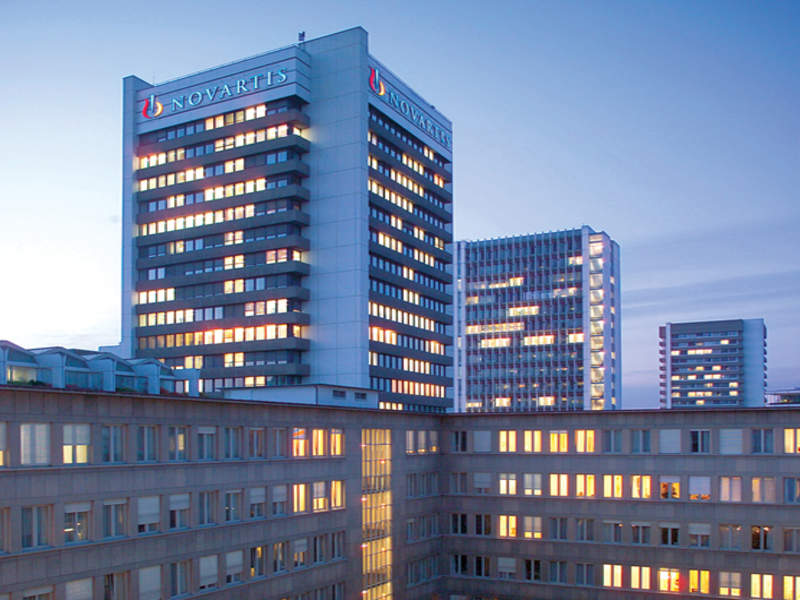
The US Food and Drug Administration (FDA) has awarded regenerative medicine advanced therapy (RMAT) designation to Novartis’ Kymriah (tisagenlecleucel) to treat relapsed or refractory (r/r) follicular lymphoma (FL).
Kymriah is a CAR-T cell therapy formulated for one-time treatment. The drug is already indicated for acute lymphoblastic leukemia (ALL) and r/r adult diffuse large B-cell lymphoma (DLBCL).

Discover B2B Marketing That Performs
Combine business intelligence and editorial excellence to reach engaged professionals across 36 leading media platforms.
It was developed in alliance with the Perelman School of Medicine at the University of Pennsylvania.
Novartis Global Drug Development head and chief medical officer John Tsai said: “This designation supports the advancement of Kymriah, which could potentially address an unmet need in certain patients with follicular lymphoma, as we strive to reimagine medicine at Novartis.
“These patients are often faced with the burden of several years of various treatments as their disease continues to progress.”
The RMAT designation programme is intended to speed-up the development and review of regenerative medicine therapies to treat, modify, reverse or cure a serious condition.

US Tariffs are shifting - will you react or anticipate?
Don’t let policy changes catch you off guard. Stay proactive with real-time data and expert analysis.
By GlobalDataFDA’s decision to grant the designation to Novartis is supported by initial results from the ongoing Phase II ELARA clinical trial of Kymriah in FL patients.
The single arm, multi-centre, open label trial is designed to assess the safety and efficacy of tisagenlecleucel in approximately 113 adults with relapsed or refractory FL.
The primary outcome measure of the trial is complete response rate while secondary measures include overall response rate, duration of response, progression-free survival and overall survival, among others.
Last August, the European Commission (EC) approved Kymriah to treat patients with ALL and DLBCL.
The approval is for paediatrics and young adults aged up to 25 years with refractory ALL in relapse after transplant or in second or later relapse.
In addition, it also enables the treatment of adults with relapsed or refractory DLBCL following two or more lines of systemic therapy.




